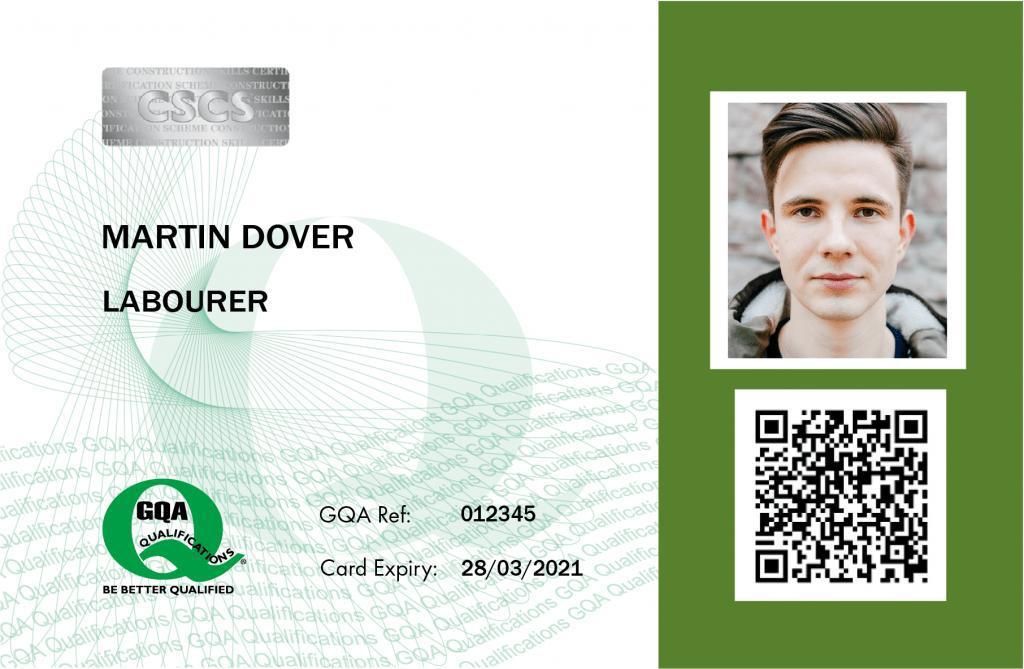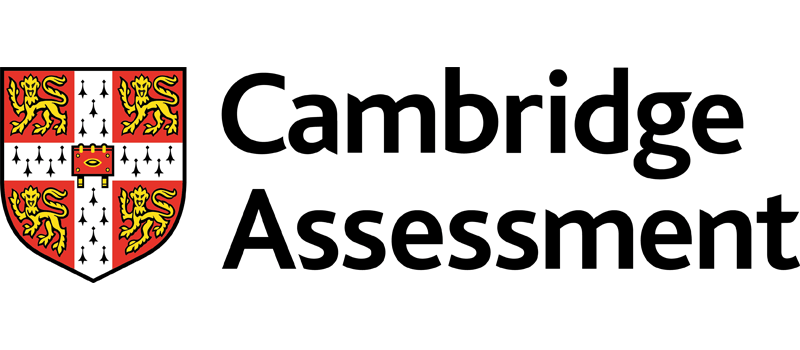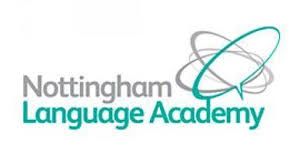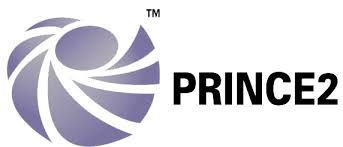
Comprehensive Program in Human Resources Management
Course ID: 2507147101107EGI
Course Dates : 14/07/25 Course Duration : 10 Studying Day/s Course Location: Dubai, UAE
Language: Bilingual
Course Category: Professional and CPD Training Programs
Course Subcategories: Leadership and Management Excellence
Course Certified By: * Projacs Academy
* Professional Training and CPD Programs
Certification Will Be Issued From :
KSA
Course Fees: £4,987.22
Vat Not Included in the price. VAT may vary depending on the country where the course or workshop is held.
Click to Pay
Date has passed please contact us Sales@e-s-hub.com
Course Information
Introduction
Human Resources Management (HRM) serves as the backbone of organizational success, bridging the gap between workforce capabilities and strategic business goals. As industries evolve at an unprecedented pace, the role of HR professionals has transcended traditional administrative functions to encompass strategic planning, talent development, and fostering inclusive workplace cultures. The modern HR landscape demands a nuanced understanding of both human behavior and business imperatives, making this course indispensable for those seeking to excel in this dynamic field. By equipping participants with the tools to align HR practices with organizational objectives, the program addresses the growing need for HR leaders who can navigate complex challenges while driving sustainable growth.
One of the most pressing challenges in contemporary HRM is balancing compliance with innovation. Organizations face mounting pressure to adhere to labor laws, diversity mandates, and ethical standards while simultaneously fostering creativity and adaptability. For instance, a recent case study of a multinational corporation revealed how outdated recruitment practices led to a lack of diversity, resulting in reputational damage and financial losses. This course aims to bridge such gaps by integrating theoretical frameworks like Maslow’s Hierarchy of Needs and Herzberg’s Two-Factor Theory with practical strategies for talent acquisition, retention, and development. Participants will gain insights into leveraging technology, such as AI-driven recruitment tools, to streamline processes while maintaining ethical integrity.
The benefits of mastering HRM extend beyond individual career advancement to encompass organizational resilience and competitiveness. A well-trained HR professional can transform workplace dynamics by implementing evidence-based policies that enhance employee engagement and productivity. Consider the example of a mid-sized tech company that implemented a robust performance management system based on the Balanced Scorecard framework. Within a year, employee satisfaction scores rose by 25%, and turnover rates decreased significantly. Such outcomes underscore the transformative potential of effective HR practices, which this course seeks to instill in its participants.
Industry trends further highlight the urgency of upskilling in HRM. Remote work models, gig economies, and generational shifts in workforce expectations have redefined the traditional employment paradigm. According to a report by McKinsey & Company, organizations that invest in HR training are 30% more likely to outperform their peers in terms of profitability and market share. This course addresses these shifts by incorporating modules on remote team management, flexible work arrangements, and intergenerational leadership. By blending cutting-edge research with real-world applications, the program ensures participants remain ahead of the curve in an ever-changing environment.
Real-world anecdotes further illustrate the tangible impact of advanced HR skills. Take, for example, a manufacturing firm struggling with high absenteeism and low morale. By applying principles from the Job Characteristics Model, an HR manager redesigned roles to enhance autonomy and task significance, resulting in a 40% reduction in absenteeism within six months. Such success stories demonstrate the power of strategic HR interventions, which participants will learn to design and implement through this course. The program also emphasizes the importance of emotional intelligence, conflict resolution, and change management, equipping learners to address both routine and unexpected challenges.
Ultimately, this course is designed to empower HR professionals to become catalysts for positive change within their organizations. By fostering a deep understanding of human capital management, it enables participants to create environments where employees thrive and businesses flourish. Whether addressing systemic inequities, navigating regulatory complexities, or spearheading digital transformation, graduates of this program will be equipped to lead with confidence and competence. The comprehensive curriculum ensures that learners not only grasp foundational concepts but also develop the advanced competencies required to excel in today’s competitive HR landscape.
Objectives
By attending this course, participants will be able to:
Analyze organizational needs and design tailored HR strategies that align with business goals.
Evaluate the effectiveness of current HR policies and propose evidence-based improvements.
Implement best practices in talent acquisition, retention, and development using industry-standard frameworks.
Apply legal and ethical principles to ensure compliance with labor laws and corporate governance standards.
Design and execute initiatives that promote diversity, equity, and inclusion within the workplace.
Who Should Attend?
This course is ideal for:
HR managers and specialists seeking to enhance their strategic capabilities.
Team leaders and supervisors responsible for managing people and performance.
Consultants and trainers focused on organizational development and change management.
Early-career professionals aspiring to transition into HR roles.
Training Method
• Pre-assessment
• Live group instruction
• Use of real-world examples, case studies and exercises
• Interactive participation and discussion
• Power point presentation, LCD and flip chart
• Group activities and tests
• Each participant receives a 7” Tablet containing a copy of the presentation, slides and handouts
• Post-assessment
Program Support
This program is supported by:
* Interactive discussions
* Role-play
* Case studies and highlight the techniques available to the participants.
Daily Agenda
The course agenda will be as follows:
• Technical Session 08.30-10.00 am
• Coffee Break 10.00-10.15 am
• Technical Session 10.15-12.15 noon
• Coffee Break 12.15-12.45 pm
• Technical Session 12.45-02.30 pm
• Course Ends 02.30 pm
Course Outlines
Introduction to HRM: History, Evolution, and Core Functions
Understanding Organizational Behavior and Its Impact on HR Practices
Aligning HR Strategies with Business Objectives
Overview of Legal Frameworks Governing Employment
Day 2:
Talent Acquisition: Recruitment Strategies and Employer Branding
Leveraging Technology in HR: Applicant Tracking Systems and AI Tools
Crafting Effective Job Descriptions and Selection Criteria
Conducting Structured Interviews and Assessments
Day 3:
Onboarding Processes: Best Practices for New Hire Integration
Employee Engagement: Drivers, Metrics, and Improvement Strategies
Building High-Performance Teams Through Role Clarity and Collaboration
Conflict Resolution Techniques in the Workplace
Day 4:
Performance Management Systems: Design and Implementation
Goal Setting and Feedback Mechanisms Using SMART Goals
Addressing Underperformance: Corrective Actions and Support Plans
Balancing Accountability with Empathy in Performance Reviews
Day 5:
Compensation and Benefits: Principles of Fair and Competitive Pay
Designing Total Rewards Programs to Attract and Retain Talent
Conducting Market Salary Surveys and Benchmarking
Compliance with Wage Laws and Tax Regulations
Week 2
Day 6:
Diversity, Equity, and Inclusion (DEI): Foundations and Frameworks
Identifying and Mitigating Unconscious Bias in HR Decisions
Creating Inclusive Policies for Multigenerational Workforces
Measuring the Impact of DEI Initiatives on Organizational Success
Day 7:
Learning and Development: Mapping Career Paths and Growth Opportunities
Designing Training Programs Based on Adult Learning Theories
Evaluating Training Effectiveness Using Kirkpatrick’s Model
Promoting Continuous Learning Through Mentoring and Coaching
Day 8:
Change Management: Navigating Organizational Transitions
Applying Kotter’s 8-Step Change Model in Practice
Managing Resistance to Change Among Employees
Communicating Change Effectively Across All Levels
Day 9:
Remote Work and Flexible Arrangements: Policies and Challenges
Ensuring Productivity and Accountability in Virtual Teams
Mental Health and Well-being in the Modern Workplace
Legal Considerations for Remote and Hybrid Work Models
Day 10:
Strategic HR Leadership: Preparing for Future Trends
Integrating Sustainability and Corporate Social Responsibility into HR Practices
Forecasting Workforce Needs in a Post-Pandemic World
Capstone Project: Developing an Action Plan for Organizational Transformation



















































